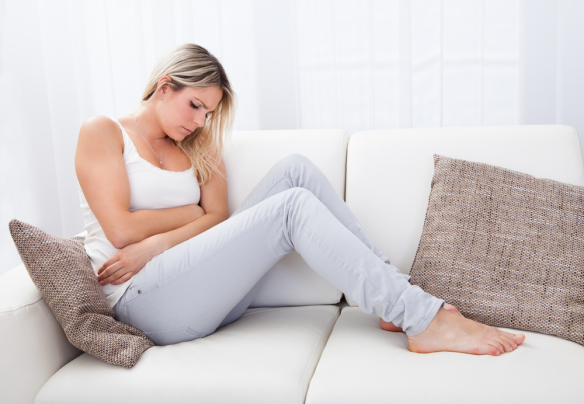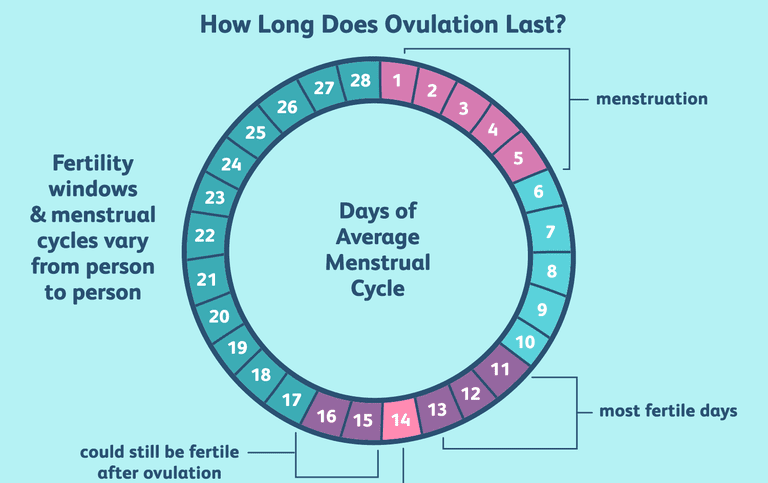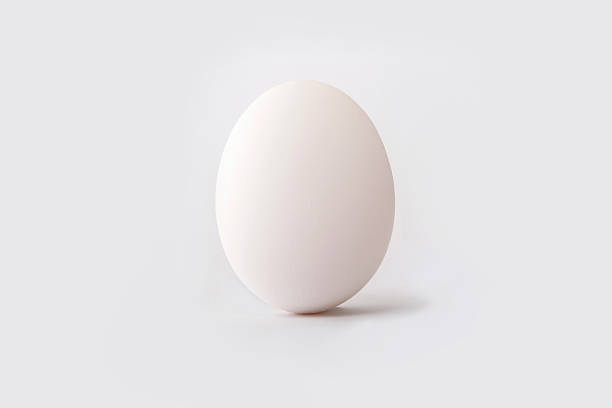
Attention girls! This is the high time you know more about your very complicated body. No need to say a human’s body is the most complicated one dwelling on earth and in that also the body of women is even way more complicated. There are so many things going inside us. I mean you know everything about your menstrual cycle but what about the process that leads to it? What about ovulation! Ever heard of it? Perhaps yes, perhaps no! Even if you have heard about it, there are plenty of things about it that you don’t know. Here in this article, you are about to know some of the extremely interesting facts about ovulation.
Ovulation
 Ovulation occurs in the middle days of a woman’s menstrual cycle. It starts with the releasing of an egg from one’s ovary. However, the fertilization of the egg depends on the sperm. If the egg gets fertilized it makes a journey to the uterus and gets itself established there to develop into a pregnancy. On the other hand, if the egg does not get fertilized, it breaks down and spills out as a uterine lining during periods.
Ovulation occurs in the middle days of a woman’s menstrual cycle. It starts with the releasing of an egg from one’s ovary. However, the fertilization of the egg depends on the sperm. If the egg gets fertilized it makes a journey to the uterus and gets itself established there to develop into a pregnancy. On the other hand, if the egg does not get fertilized, it breaks down and spills out as a uterine lining during periods.
Understanding Ovulation
 Having knowledge of ovulation is as important as knowing about one’s menstrual cycle. If a woman is well aware of her ovulation then she can easily prevent or achieve pregnancy. It also helps you a lot in tracking several diseases pertaining to your menstrual cycle.
Having knowledge of ovulation is as important as knowing about one’s menstrual cycle. If a woman is well aware of her ovulation then she can easily prevent or achieve pregnancy. It also helps you a lot in tracking several diseases pertaining to your menstrual cycle.
When Does It Happen?

If a woman has a menstrual cycle of 28 days, her ovulation would probably happen near day 14 that is middle of the duration. One point to note is that women have a different duration for menstrual cycle varying from 28 days to 30 days and that is why the ovulation timing can differ from women to women. To be precise,ovulation happen either four days before or four days after the midpoint of one’s cycle.
Duration!

Ovulation starts with the body’s process of synthesizing follicle-stimulating hormone. The hormone is released sometime between 6 and 14 days of one’s menstrual cycle. The egg that is already inside one’s ovary gets matured with the help of this hormone that later releases it. Subsequently, body releases luteinizing hormone (LH) propelling release of the egg. Ovulation occurs after 28 to 36 hours of its release.
Size Of Egg

Well, here is an interesting fact that you need to know. A human egg size is considered one of the biggest cells a woman’s body bears. The egg’s size is about a grain of sand and unlike other cells, eggs can be perceived even with naked eyes. To clarify it further, a skin cell’s size is four times smaller in comparison to an egg. On the other hand, an egg is 26 times bigger in comparison to a red blood cell and yeah 16 times larger than a sperm.
Symptoms

How to figure out when you have an impending ovulation. Usually, in impending ovulation, the vaginal discharge is more than usual. The discharge in this phase is clear and stretchy sharing similarity with raw egg whites. Once the ovulation is done the discharge goes down in volume and seems cloudier or thicker. Along with them, there are many other symptoms that ovulation causes. Check the next few slides to find out!
